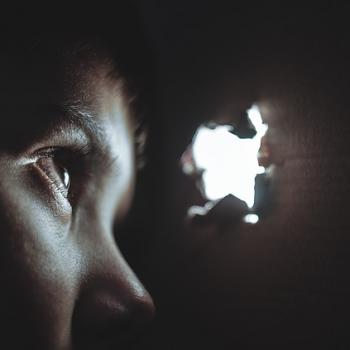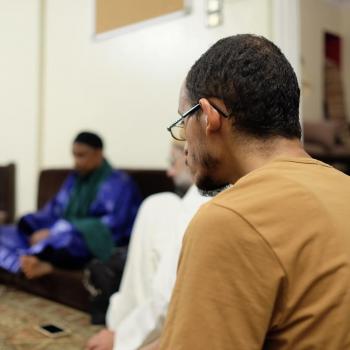This is Day Three of the #30Day30Writers 2016 Ramadan series.
By Farouk A. Peru
To be perfectly honest, as Muslims, we are meant to read the Quran deeply all year long. There is no specific time when we must read, just that we should maintain a close relationship with our holy book by reading and understanding it as much as possible. However, in the hustle and bustle of everyday life, we find ourselves losing our connection.
I remember experiencing this myself when I got caught up in other writing projects. But this is how Ramadan can be extremely useful. The extra energy we gain from not having to think about food and do all that digestion can be channelled towards reacquainting ourselves with the Quran.
Here is how:
First, aim to finish the Quran in one month. This is quite doable if we devoted about 1-2 hours daily. Although the Quran is already divided into 30 parts (called juz or ajza in plural), many of these parts actually chop up chapters (called sura or plural suwar). This is counterproductive to our reading.
We want to digest whole chapters because that is how the Author of the Quran arranged it. A whole chapter is a kitaab — a whole system of information that is coherent. Yes, the chapters may be long but Ramadan is a time for intensity in reading.
Second, use Al-Fatiha (Chapter 1) effectively. Al-Fatiha is the opening chapter of the Quran. If we consider arrangement in terms of length, then it is also the most incongruously placed. Six verses ahead of some of the longest chapters in the Quran! I surmise that the Author of the Quran placed it there to act as a summary for the rest of the text.
If we consider that some of the most major Quranic concepts are in Al-Fatiha — rabb or lord, Ar-Rahmaan and Ar-Raheem, which are the two main names of Allah, deen or religion, ibadah or worship, as-siraat al-mustaqeem or the straight and establishing path — then this possibility becomes more substantiated.
Use Al-Fatiha as a springboard into the Quran. Before every reading, spend a minute or two on Al-Fatiha and try to relate its contents to your daily reading.
Third, consider themes. Ask yourself, what is the Quran really about? It is too simplistic to just say that the Quran is about Islam. Yes, the ideology it puts forth is indeed Islam, but what is its philosophy about? Try to summarise the answer with just a paragraph and then later, with just one two sentences. You may be quite amazed at the outcome.
Fourth, we need to bring the Quran to the present day. It is easy to say the Quran is revelation from Allah to the Prophet, but the real question is, what is the revelation to you? The Quran as a past revelation has been engaged with through the discourse of Traditional Islam with the literatures of hadith, seerah and tafseer. Why not try to engage with the Quran afresh?
What does the Quran say if it was revealed today? Can it address the world’s problems at all?
Fifth, use the Quran’s internal principles to guide your reading. The Quran is a very self-conscious text – it is aware of itself, and you will find this awareness present whenever the holy book mentions the word Quran. It also addresses itself as kitaab (book, writ), dhikr (something memorised or always in mind) and furqan (something which separates).
When we read the Quran, it is good to be aware of these statements. For example, the Quran mentions that is should not have contradictions. Therefore, if our understanding contains contradictions, it would not be divinely sanctioned. This is only one such principle. A whole book can be written to explain the rest of them!
Ramadan does not last forever, and before you know it, you will find yourself back to your normal eating schedule. Your relationship with the Quran should not be affected by this if you can maintain your connectivity. Try to read big chapters whenever you have blocks of time. Even if you do so once a week, it is better than nothing.
If not, there are always summary chapters. Half the chapters of the Quran (from Chapter 57-114) are summaries of its main message. Try to read at least one of these shorter chapters daily. You will find that your connection with the Quran remaining strong.
The Quran is the revelation from the Lord of the worlds, and thus it follows that we should make this effort. Our lives will be fulfilling from our reading and subsequent application.
Farouk A. Peru is a Patheos Muslim blogger. He is blogging the Quran for Ramadan at Person Al Islam.












